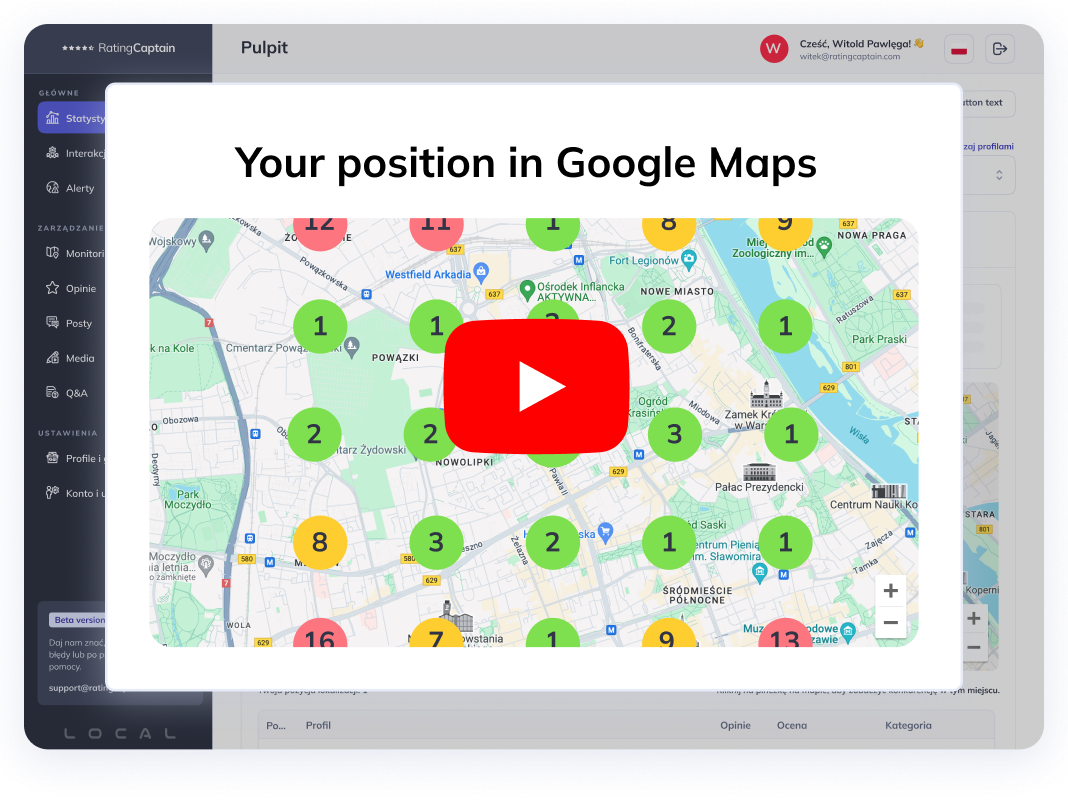

Collect customer feedback that increases website traffic, drives sales and provides actionable business information.
It can be really difficult to reply in time to each review. Automate post-purchase communication, especially when you have profiles on multiple review sites.
Meet the customers, respond to their concerns and create lasting relationships that will result in more returning visitors.
79% of consumers trust reviews, so shorten the process of making decisions by customers. Build trust in your brand by showing your reviews.
Sammeln Sie positive Produktbewertungen von Kunden für den Online-Shop Ihrer E-Commerce-Marke und steigern Sie Umsatz und SEO
Support kontaktieren: +48 572 971 973 oder [email protected]
Erfahren Sie, was es Neues gibt
Alle technischen Informationen
Analysieren Sie Ihren Online-Auftritt
Unser Tool gibt Ihnen einen detaillierten Einblick in das Image Ihres Unternehmens
Support kontaktieren: +48 572 971 973 oder [email protected]
English
Polish
Spanisch
Französisch
Position Tracking SEO: Unlock the Full Potential of Keyword Rank Checkers and Master Google Rankings
seo
marketing
google maps
local seo
serp
rank checker
seo local
local search rankings
google rankings
Rating Captain
14/05/2024
| 4 Min Lesezeit
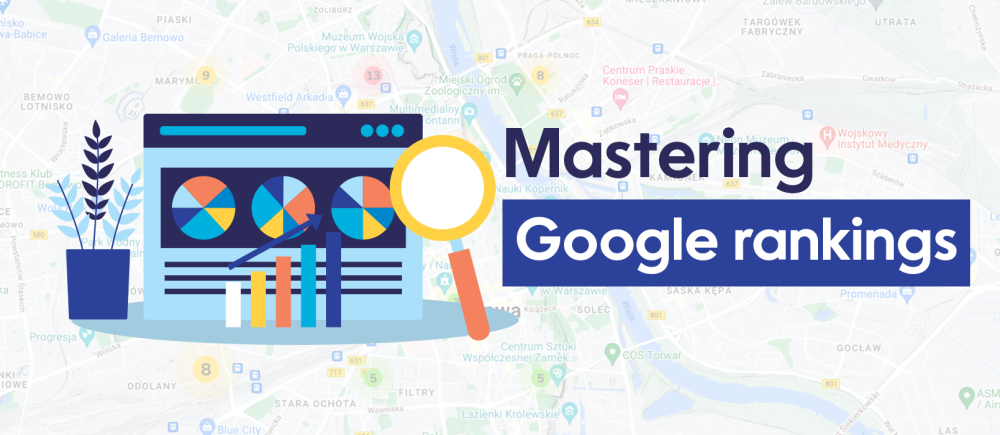
Table of contents
Understanding your website's Google ranking is crucial for any digital marketing strategy aimed at gaining visibility and driving traffic. This comprehensive guide dives into the use of rank checkers and position tracking tools to optimize your SEO efforts. Learn how these tools work, why they are essential, and how to use them effectively to improve your search engine rankings and outperform your competition.
What is Position Tracking and Why is it Crucial for SEO?
- Definition and Importance: Position tracking involves monitoring the rankings of your website’s keywords on search engines to understand the effectiveness of your SEO strategies.
- Benefits for SEO: It helps in identifying successful keywords, understanding fluctuations in search rankings, and adjusting strategies to improve SEO performance.
Understanding Rank Trackers: How do they check position on Google?
- Mechanics of Rank Checkers: These tools like RC Local scan search engine results pages SERPs to determine the position of keywords associated with your website directly from Google
- Choosing the Right Tool: Discusses how to select a rank checker based on accuracy, frequency of updates, and the ability to track competitor average position over time.
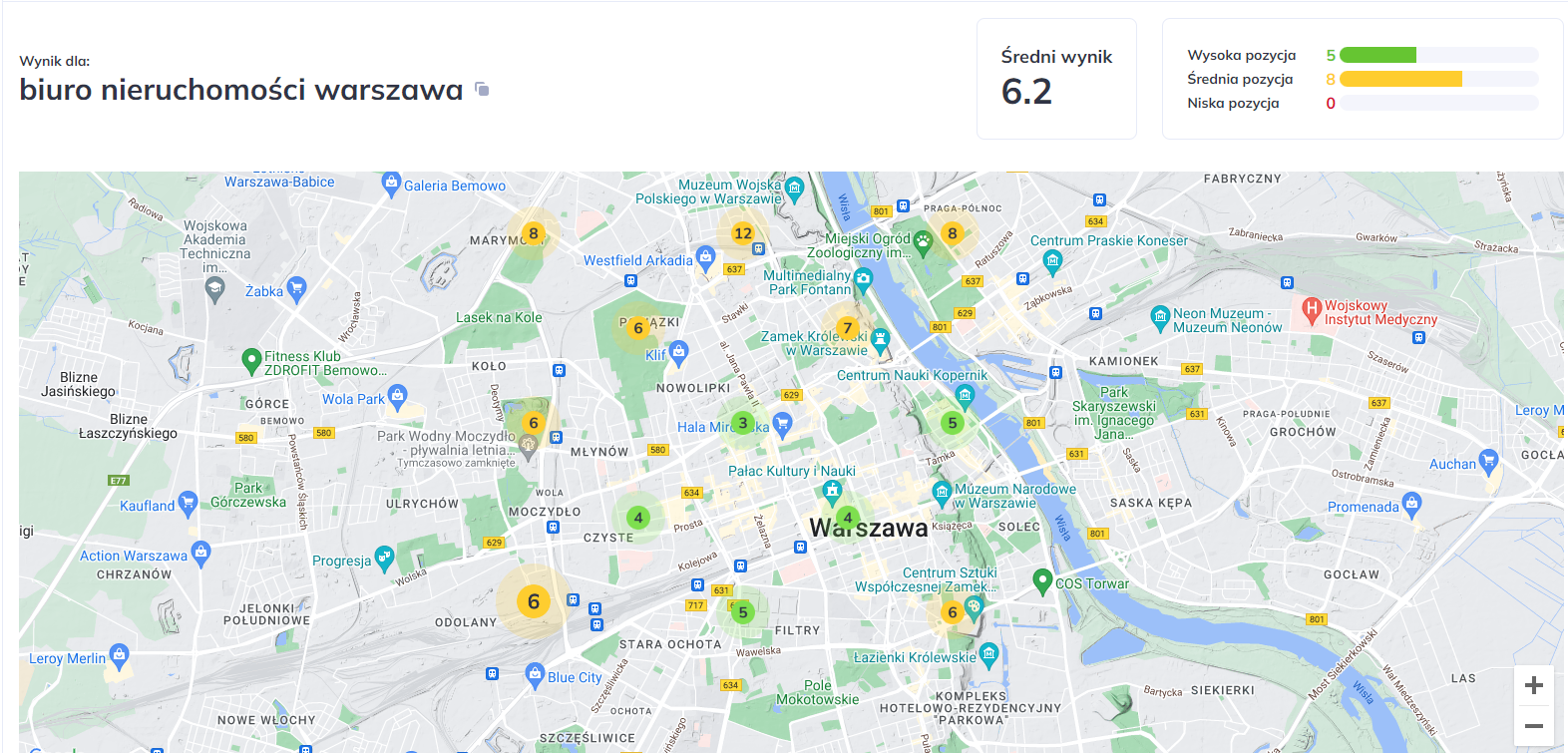
The Role of competitor keyword position in SERP
- Keyword Optimization: Explains the importance of choosing the right keywords for targeting and how they affect your site's ranking and traffic.
- Tools for Keyword Research: Introduction to checker tools that can help in finding high-value keywords position on Google.
How Can Google Search Console Aid in Keyword Tracking?
- Features of Google Search Console: Overview of the tool’s capabilities in tracking keyword performance and diagnosing pages rank.
- Integrating with SEO Strategies: How to use insights from Google Search Console to refine your SEO tactics.
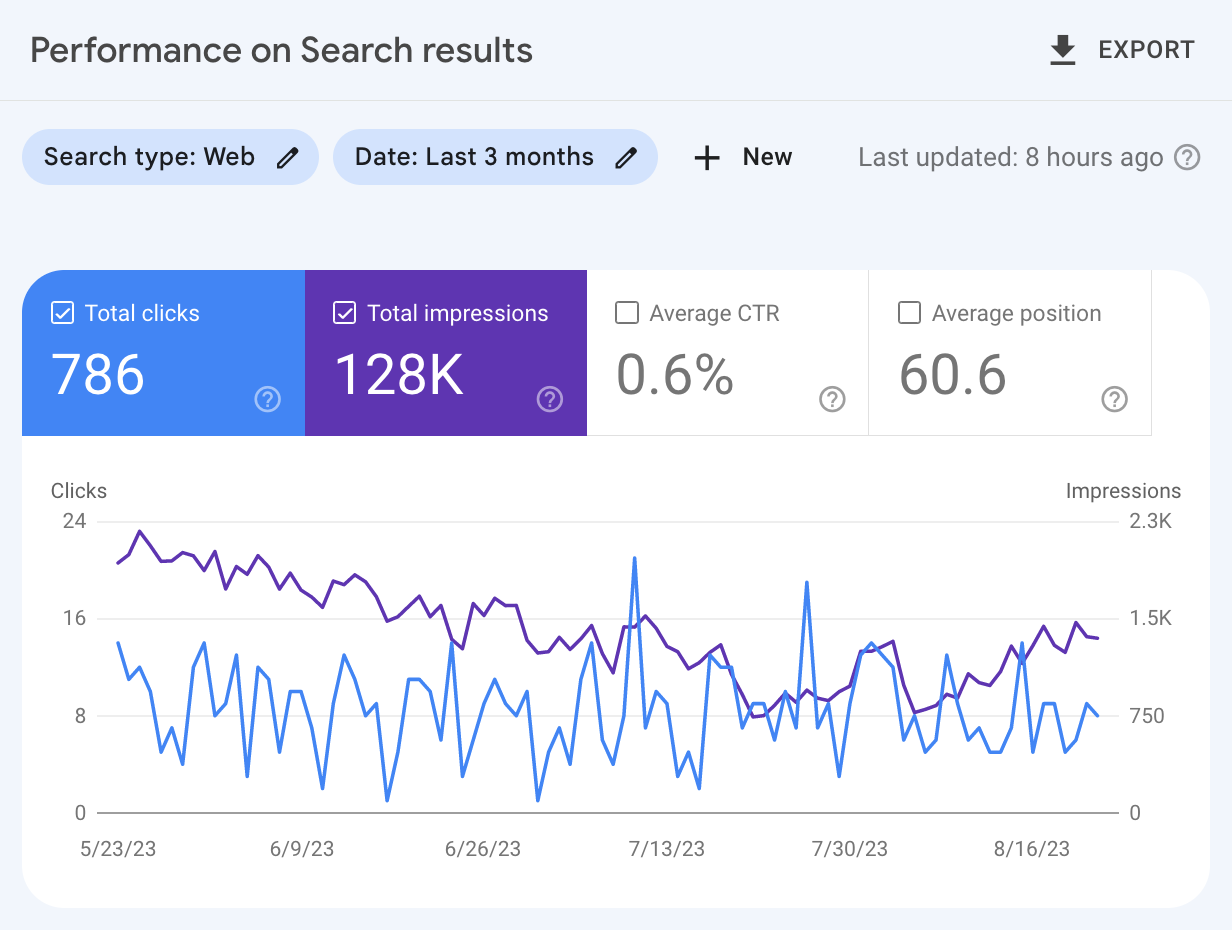
How to Effectively Use Rank Trackers for Google search results
- Setting Up for Success: Guidelines on setting up rank trackers to effectively monitor keyword rankings on Google.
- Interpreting Data: How to interpret the data from rank trackers and implement findings into your SEO strategy.
Analyzing Your Competitors’ google rank checkers
- Competitive Analysis Techniques: How to use SEO tools to gain insights into your competitors' specific keyword strategies and performance like Google Search Console or Google Analytics.
- Leveraging Information for Improvement: Ways to use this information to enhance your own SEO efforts using Google.
1.png)
SEO Tools: Enhancing Your Website’s Visibility
- Overview of SEO Tools: Introduction to various SEO tools beyond free keyword rank checkers and how they contribute to improving your website’s visibility.
- Best Practices: Tips on integrating these tools into a comprehensive SEO strategy.
The Impact of Search Engine Updates on Keyword Ranking
- Understanding Updates: Explanation of how search engine updates can affect keyword rankings and what it means for your SEO top position.
- Adapting to Changes: Strategies to quickly adapt to changes in the search engine algorithms to maintain or improve your search term rankings.
Long-Term Strategies for Maintaining High Google Rankings
- Sustainable SEO Practices: Key practices for improve your rankings and position changes over the long term in search volume.
- Avoiding Common Pitfalls: Common mistakes in SEO and how to avoid them to sustain your website’s performance.
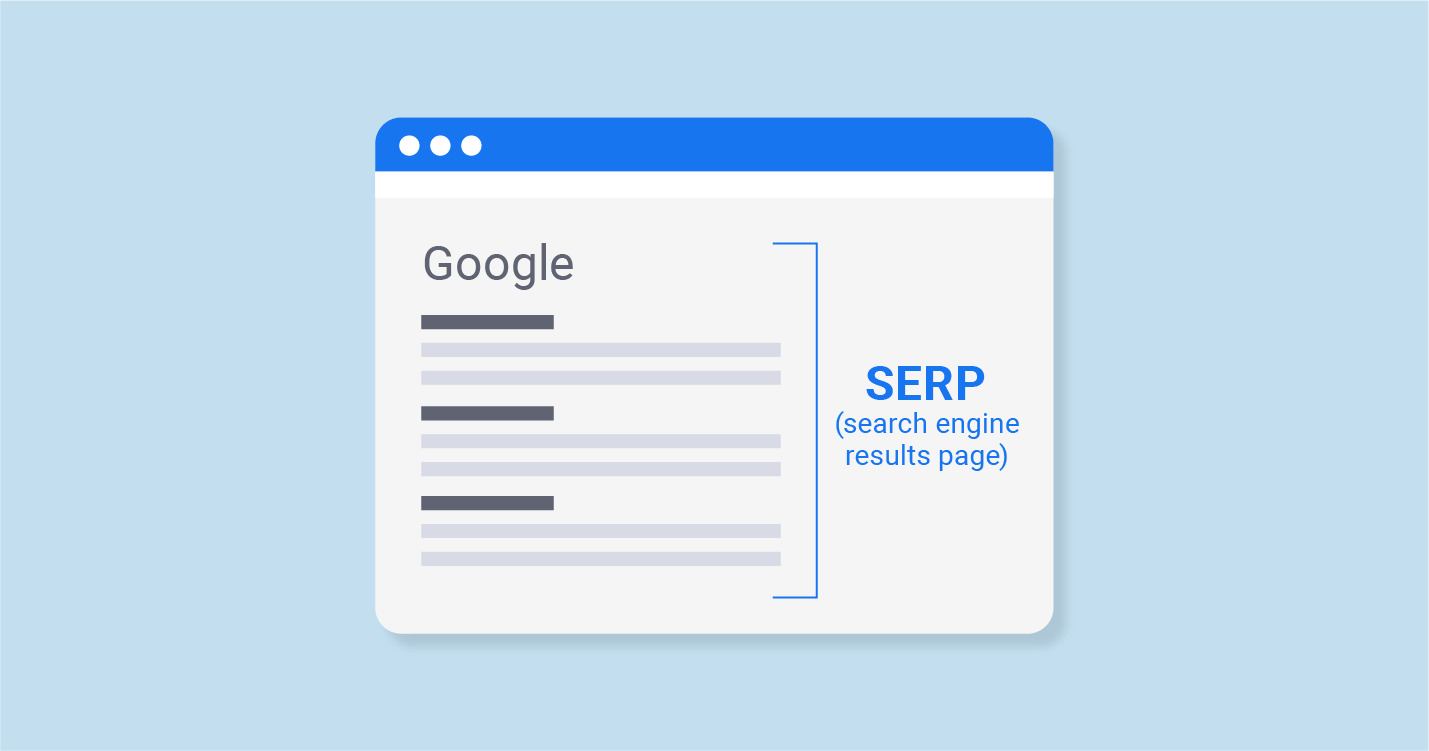
Key Points to Remember
- The Importance of Continuous Tracking: Regular monitoring of competitor google keyword rankings is crucial for timely SEO adjustments.
- Leverage Tools Wisely: Utilize a variety of SEO tools to gain comprehensive insights and create a competitive edge.
- Adapt and Update: Stay informed about the latest search engine updates and adapt your strategies accordingly to ensure continued success in your SEO efforts.
- Focus on Quality Content: Always prioritize high-quality. Try to optimize your content that meets the needs of your audience and adheres to SEO best practices.
Please rate this article
Average rate this post is: 4.41{{ $app.blogCurrentReview }}
Bewertungs-Katalog - categories
Blase Konkurrenz mit Google Maps weg
Verwalten und verfolgen Sie die Sichtbarkeit Ihrer Google Business-Profile
Ralated articles
Rating Captain
20/09/2023 | 7 Min Lesezeit
Julia Kozak
28/11/2023 | 9 Min Lesezeit
Milena Zienkiewicz
16/06/2023 | 14 Min Lesezeit
